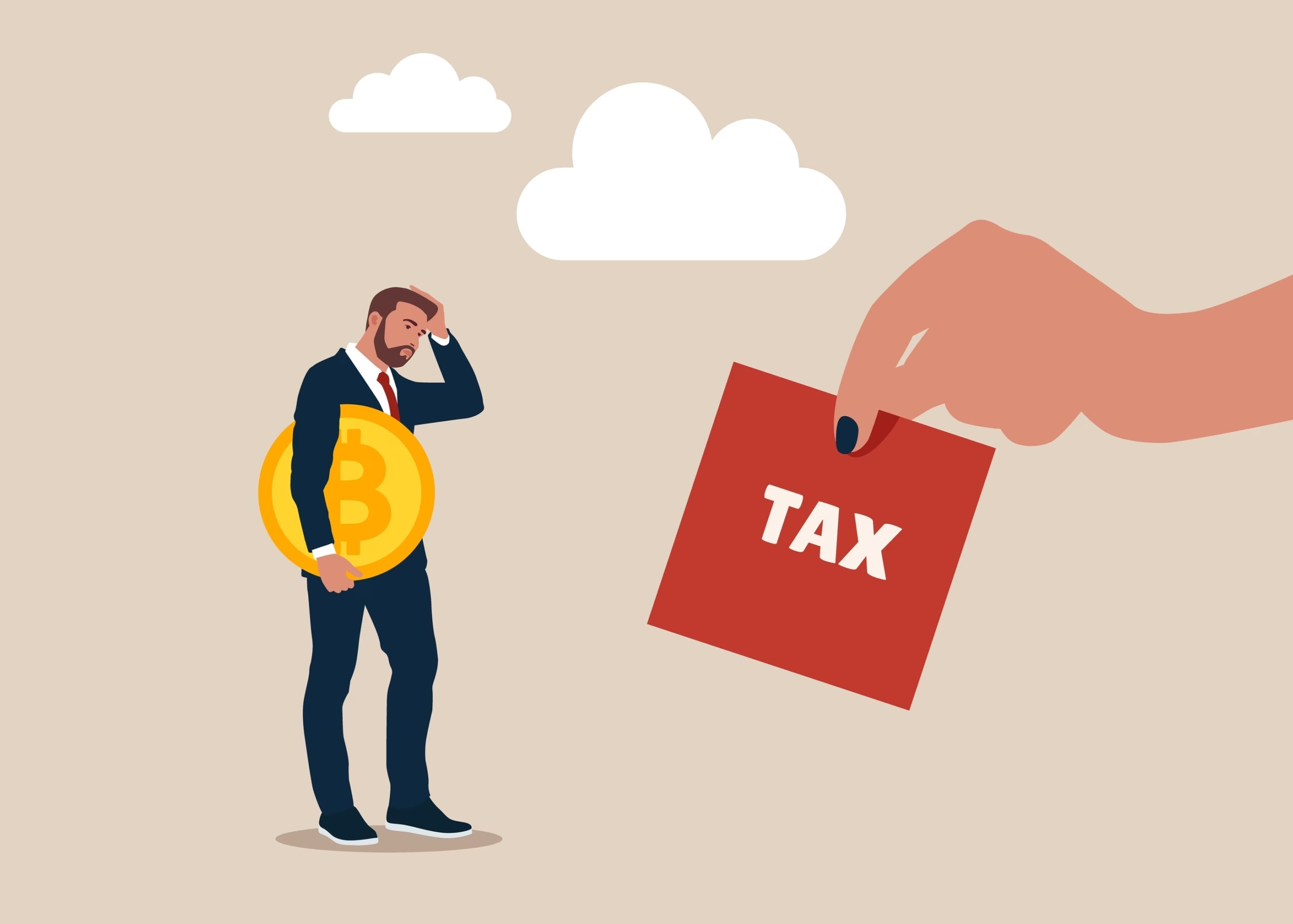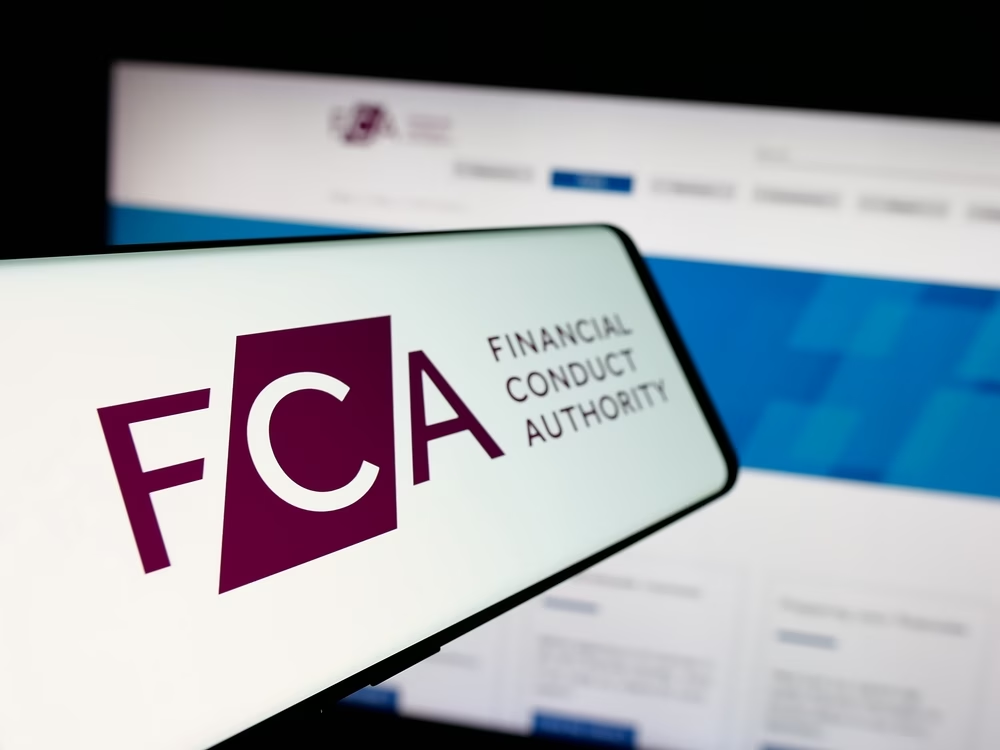
The world of cryptoassets is in a constant state of flux. What was once a niche interest for tech-savvy individuals has exploded into a mainstream phenomenon, attracting investors from all walks of life. As the digital asset landscape has grown, so too has the attention of regulators. The days of the “wild west” of crypto are numbered, and in their place, a more structured and transparent framework is emerging.
The UK, a global financial hub, is at the forefront of this regulatory evolution. HM Revenue and Customs (HMRC) and the Financial Conduct Authority (FCA) are introducing a raft of new rules designed to bring the crypto world in line with traditional finance. These changes are not just for businesses; they have significant implications for every individual who buys, sells, or holds cryptoassets.
This blog post will serve as your comprehensive guide to understanding the new information requirements for UK cryptoasset users. We’ll delve into the specifics of what you’ll need to provide, why these changes are being implemented, and what it all means for the future of crypto in the UK.
The Cryptoasset Reporting Framework (CARF)
At the heart of these new regulations is the Cryptoasset Reporting Framework (CARF), an international standard developed by the Organisation for Economic Co-operation and Development (OECD). The UK, along with many other countries, has committed to implementing CARF to enhance tax transparency and combat financial crime.
From January 2026, cryptoasset service providers will be required to collect and report information on their users’ transactions to HMRC. This means that your crypto activities will be linked to your tax record, making it easier for HMRC to identify any potential tax liabilities.
What Information Will You Need to Provide?
So, what exactly does this mean for you as an individual crypto user? From 1 January 2026, you will need to provide the following details to every cryptoasset service provider you use, regardless of whether they are based in the UK or not:
- Full Name: Your legal name as it appears on your official documents.
- Date of Birth: To verify your identity and age.
- Address and Country of Residence: Your current residential address.
- Tax Identification Number (TIN): For UK residents, this will typically be your National Insurance (NI) number or your Unique Taxpayer Reference (UTR).
It’s important to note that if you are not eligible for a TIN in your country of residence, this requirement may not apply. However, you should always check with your service provider to ensure you are providing all the necessary information.
For entities such as companies, partnerships, trusts, and charities, the information requirements are slightly different. They will need to provide:
- Legal Business Name: The registered name of the entity.
- Main Business Address: The primary place of business.
- Company Registration Number: For UK companies.
- Tax Identification Number and Country of Issue: For non-UK companies.
In some cases, entities may also need to provide details of their “controlling person” – the individual who ultimately owns or controls the entity.
Failure to provide accurate information can result in a penalty of up to £300. It is therefore crucial to ensure that the details you provide to your cryptoasset service provider are correct and up-to-date.
The “Travel Rule” Explained
In addition to the information requirements under CARF, the UK has also implemented the “Travel Rule” for cryptoassets. This rule, which came into force on 1 September 2023, is designed to bring greater transparency to cryptoasset transfers and prevent their use for illicit activities such as money laundering and terrorist financing.
The Travel Rule requires cryptoasset businesses to collect, verify, and share information about the originator (the sender) and the beneficiary (the receiver) of a cryptoasset transfer. This information includes:
- For the originator: Name and account number.
- For the beneficiary: Name and account number.
For transfers exceeding a de minimis threshold of €1,000, additional information may be required, such as the originator’s address, customer identification number, or date and place of birth.
The Travel Rule applies to all UK-based cryptoasset businesses, and they are expected to take all reasonable steps to comply, even when dealing with firms in jurisdictions that have not yet implemented the rule.
Why Are These Changes Happening?
The introduction of these new regulations is driven by two main factors: tackling tax evasion and combating financial crime.
As the crypto market has grown, so too has the potential for tax non-compliance. HMRC is keen to ensure that everyone pays the right amount of tax on their crypto profits. By collecting information on users’ transactions, HMRC will be better able to identify individuals who are not declaring their crypto gains or income.
The anonymous nature of some crypto transactions has also made them attractive to criminals. The Travel Rule and other anti-money laundering (AML) measures are designed to make it harder for criminals to use cryptoassets to move and hide their illicit funds.
What Do The Changes Mean for You?
For the average crypto user, these new rules mean greater transparency and accountability. While some may view them as an intrusion into their financial privacy, they are ultimately designed to protect consumers and create a more level playing field.
Here’s what you need to do to prepare:
- Get your information ready: Make sure you have all the necessary personal information to hand, including your National Insurance number or UTR.
- Check with your service provider: Contact your cryptoasset service provider to find out exactly what information they require and how you can provide it to them.
- Keep good records: It’s more important than ever to keep accurate records of your crypto transactions, including the date, amount, and value of each transaction in fiat currency. This will make it easier to calculate any capital gains or income tax you may owe.
- Be aware of your tax obligations: If you are unsure about your tax obligations, you can find more information on the GOV.UK website. It is always a good idea to seek professional advice from a tax advisor who specializes in cryptoassets.
Final Thoughts
The introduction of these new regulations marks a significant step towards a more mature and regulated crypto market in the UK. By bringing crypto in line with traditional finance, the government is aiming to create a safer and more transparent environment for investors and businesses alike.
While some may be concerned that these regulations will stifle innovation, the government has stated that it is committed to making the UK a global hub for cryptoasset technology. The aim is to strike a balance between fostering innovation and protecting consumers.
These new rules will undoubtedly create some short-term challenges for both users and service providers. However, in the long run, they are likely to lead to a more sustainable and trustworthy crypto ecosystem, which will ultimately benefit everyone involved.

Table of content
Recent Posts
Lasting Power of Attorney (LPA) – 2025 Fee Increase Update
The UK government has confirmed that the fees for [...]
Mohammed Hijab Defamation Case – His Solicitors Perspective
In the pursuit of justice, the path is not always [...]
Dying Without A Will – Who Can Inherit Your Estate?
Having a Will is one of the most important things [...]








